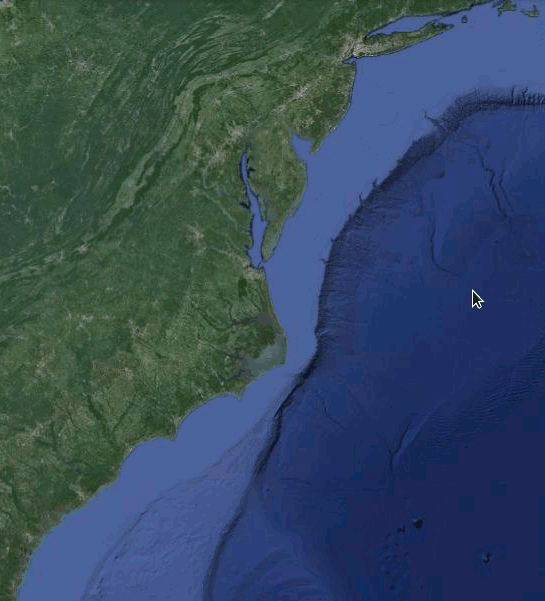從上面那個圖可看到,人口增加率在1942年至1945年是差不多。如果將游標停在上面,會看到數值。那四年的平均值約是2.6568%。請注意,那四年是正值太平洋戰爭期間,承平時期人口增加率必然較高。即便如此,若用那個平均值下去推算,台灣在二二八大屠殺中消失的人口是「至少」17萬人,絕對不是滯台妓豽豬的流亡政權謊稱的才幾千人,甚至才幾百人。妓豽流亡政權的算法是有申請補償才算受害者。關於補償,滯台妓豽豬真是笑死人的不知羞恥!阮美姝女士的書籍有提及,滯台妓豽豬居然貪婪到貪圖賠償,身為加害族群居然也跑去申請受害者身份。加之統支媒體推波助瀾,使得滯台妓豽豬彷彿也成了二二八大屠殺的受害者。妓豽豬的厚顏無恥,堪稱世界一絕。牠們當年應該要用臉皮當盾牌去打共匪,應該就不會戰輸走贏了。關於滯台妓豽豬冒充自己是受害者申請賠償的證據,阮女士的書很詳細的記載。沒記錯的話,書裡甚至有當時的申請表格的影印。有興趣的朋友請自行去書店翻閱。
這圖,可看見人口增加率基本上有它的規則存在。會突然高起或陡然落下,很可能都是外來因素。例如日本時代時,可能有大量日本人來台,隨著戰爭的進行,日本兵又被大量派往它處。藉由 graphical analysis 很容易能把那些突出的值捨棄。持平的來計算,在二二八大屠殺後,台灣當增加但未增加的人口就是至少17萬。這種算法,是用戰爭時期的人口增加率下去計算,所以實際上只會更多不會更少。
1946年降低很多,那是因為46萬日本人離開台灣。當時在台日人約48.8萬人。戰後,本約20萬日本人希望留在台灣,但因為通膨(沒多久後便「四萬換一塊」)導致的社會混亂,最後只2.8萬人留下。到了1947年,人口攀升,滯台妓豽豬湧入台灣。也就是那一年發生二二八種族大屠殺。再兩年,也就是1949年,眾所周知就是滯台妓豽豬全面潰敗,鼠竄逃來台灣,殖民寄生至今。1950年人口增加率是負的,原因不明,可能是有些妓豽豬投奔牠們米國爸爸還是怎樣,歡迎知道的朋友補充。
台灣人應當有這個認識,二二八大屠殺絕對不是過去式。因為屠殺了台籍精英,外來侵略者滯台妓豽豬壟斷台灣上層社會,使得台灣變成一個無「主體意識」的孤島。這種情況下,境遇較佳或有點能力的人往往因缺乏責任感而移民,當他們移民時,往往帶走全部家產。這還是其次,最糟的是持續在台灣幫外國賺台幣,持續的將收入寄往國外他的妻小。這種社會現象普遍,台灣如何能不持續疲軟?在台灣社會,例如醫生之類高收入的行業,打聽一下他們有多高比例家人是住在國外。缺乏主體意識,台灣不會有美好未來,等在眼前的,必然是如菲律賓、印尼甚至於孟加拉那樣貧窮的悲慘命運。
滯台妓豽豬的禍害,不只是當時入侵台灣而已。牠們至今掌控台灣水、電、油,連農民釀酒販售的權力都被牠們奪走。滯台妓豽豬是台灣的最大禍患。身為台灣人,勿和滯台妓豽豬結交,勿和滯台妓豽豬通婚,勿做台奸。交友前,應先打聽對方背景出身。日本人就是都如此,他們結婚前都會先把對方查個底朝天,區隔出在日朝鮮人或滯日妓豽豬。現在台灣人尚未有足夠能量驅離滯台妓豽豬,但在那之前,每位台灣人可以做的,至少是不要製造更多麻煩,生出一堆半山雜種豬。妓豽豬明顯有基因缺陷。東南亞如菲律賓或現在泰國那對貪腐兄妹黨,都是妓豽後裔。妓豽豬天生不知羞恥為何物,貪污、腐敗、造謠、說謊、走後門、賭博 (牠們稱麻將是國粹)、指鹿為馬、貪很多卻還自稱清廉,諸如此類,妓豽是非常非常腐敗的民族,而且腐敗的相當自然,腐敗就是妓豽豬的天性。













